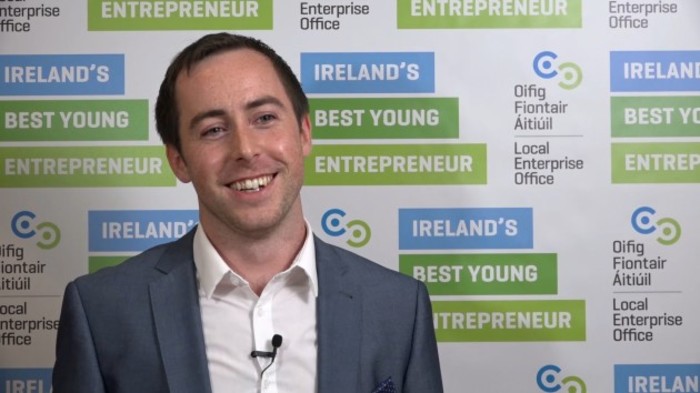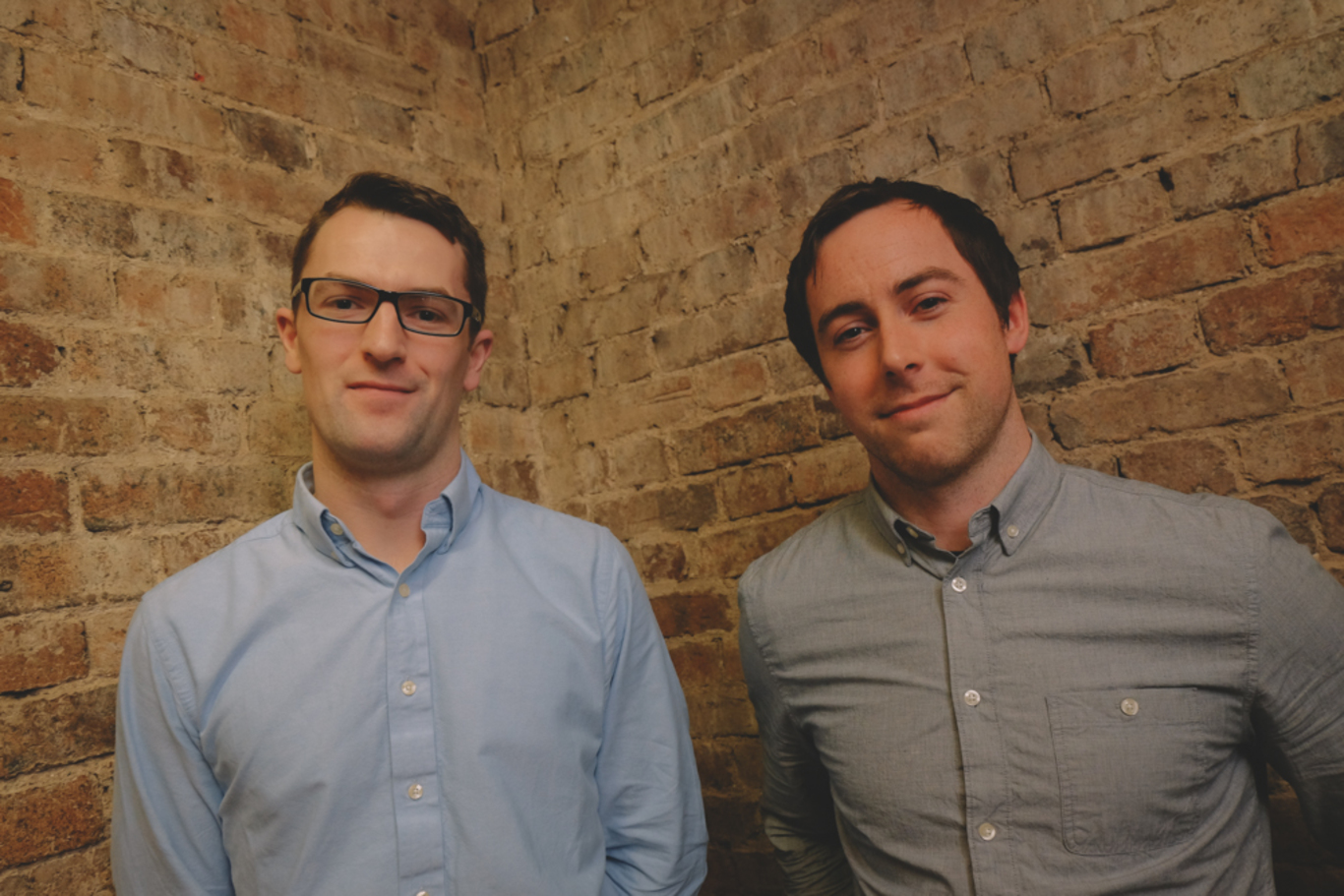Two of Galway's biggest medtech players are putting their weights behind this startup
Bluedrop Medical has raised €600,000 and is eyeing up more funding within a year.
TWO NOTABLE FIGURES in the Galway medtech sector are taking a big bet on Bluedrop Medical – a startup developing a device for early detection of ulcers.
Ian Quinn, who co-founded medical device developer Creganna before the company was sold for €158 million, and Paul Gilson, who has set up a number of companies in the health-tech sector, were part of the first major funding round for Bluedrop.
The young Galway company, which was set up by biomedical engineer graduates Chris Murphy and Simon Kiersey in April 2014, netted €600,000 from private investors and Enterprise Ireland.
Bluedrop Medical plans to use the investment for product development and to test the device, recruiting new software engineering, R&D and other staff.
“Having Ian and Paul on board gives a lot of credibility to the company, simply by having them involved,” Murphy told Fora.
“They liked the angle we are taking in that it’s not just a novel idea. We want to make something that helps reduce the cost of healthcare because a lot is spent treating medical ulcers every year.”
 Chris Murphy
Chris Murphy
Cutting amputations
Bluedrop’s device, which is in development, aims to predict the formation of ulcers in diabetes sufferers. It is used daily, with data then uploaded to the cloud.
Murphy said diabetic foot ulcers lead to eight amputations per week in Ireland, but by supplementing early-stage detection with treatment before the condition escalates the problem can be prevented.
More funding
The device has been in development for the past 15 months, according to Murphy, and the plan is to have a product ready to go to market by the end of 2017.
He added that the company is still actively looking for further funding and hopes to close another round within the next 12 months.
This additional funding is required for further product development and to help the company earn approval from the US Food and Drug Administration, which would allow for the device to be marketed across the Atlantic.






